On a sunny day, we interviewed Agnes Lam Iok Fong, director of the Centre for Macau Studies (CMS) and associate professor in the Department of Communication at the University of Macau (UM). Born and raised in Macao, Prof Lam has been teaching at the university for 24 years and is full of affection for Macao and the university. ‘The university is an integral part of my life and my other home,’ she says.
A Time of Scarce Resources
UM left a deep first impression on Lam when she was 13. As a member of her secondary school dance team, she went to perform at the University of East Asia (UEA), the predecessor of UM. ‘The moment I saw the college students walking past me at the university, their clothes and the way they carried file folders instantly caught my eyes. At that moment, I made a quiet promise to myself that I would go to college at UM,’ she says.
In 1988, the private UEA was acquired by the government. In 1991, it was renamed University of Macau. In the same year, Lam, coming from a less privileged family, managed to persuade her parents to let her study at the university and became the first student of the Chinese Communication Programme. After graduating from university in 1995, Lam got accepted into a master’s degree programme in journalism at Renmin University of China and returned to UM two years later as a teaching assistant. In the following year, she was promoted to lecturer. She recalls, ‘At that time, the university was still located on the old campus in Taipa, with a small space and few facilities. A class of 60 students had to take turns using two computers for editing, and there was not much equipment for filming, so teaching resources were very limited.’
Teaching and Doing a PhD at the Same Time
Prof Lam believes that over the past four decades, the university has been a pioneer in the local education sector and has grown with the Macao community as a whole. She says, ‘I have witnessed the creation of many academic programmes at the university, including those in communication, education, and law, all of which were launched during my years of study.’
Prof Lam says that when she first joined the university, it did not require a doctoral degree, but as the university developed, it gradually required academic staff to improve the quality of their teaching and research. She explains: ‘The university introduced new strategies to improve the quality of the teaching staff, including supporting lecturers to progress to the rank of assistant professor through doctoral studies, and I continued to teach while studying for a PhD in journalism.’
The Macao SAR government continued to invest more resources in education after 2000, and the university was very supportive of academic staff attending international conferences or going on exchange visits, which led to Prof Lam’s visit to the Clare Hall at the University of Cambridge. ‘UM began to require its faculty members to place equal emphasis on teaching and research,’ she says. ‘Over the years, I have witnessed the development of the university and how it has pushed its faculty members to improve their academic and research skills.’ In 2015, she published a book titled ‘The Beginning of the Modern Chinese Press History: Macao Press History 1557-1840’, which was the culmination of ten years of research, and fills a gap in the studies of journalism history in Macao.
Serving Society via Research
A long-time researcher in the fields of media and society, gender and media, and public policy, Prof Lam’s appointment as the director of the CMS in 2018 was another milestone in her teaching and research career.
Established in 1987, the CMS was a social think tank in the 1980s and 1990s before Macao’s handover in 1999, working with social leaders and the elite from all walks of life to provide advice on the problems and challenges faced by Macao during the transitional period leading up to the handover. After the handover, the CMS continued to develop various research projects and academic activities in line with the needs of Macao’s economic and social development. For instance, the centre created a Macao economic database, edited and published the Journal of Macau Studies, and carried out extensive academic exchanges and collaborations.
In recent years, the centre has done a lot of social studies, data forecasts, and research work in line with the development of the new era, including the latest macroeconomic forecasts for Macao, studies of the Policy Address of the SAR government, and the organisation of seminars on Macao’s urban development master plan. In February 2021, the centre released The Chronicle of Macao (1999-2019) and On the Frontline of Change: An Oral History of Macau in the Pre-handover Era. ‘The two books are among the new projects in the field of contemporary history of Macao launched by our centre in recent years, and they are the first batch of achievements in this field,’ she says.
Whenever she sees a new achievement of the university, she feels enormously proud. ‘What I feel most grateful for is that UM has nurtured me to become a useful member of society and that I can come back here to teach and develop my career, as well as do some research and serve the community.’
Over the years, she has managed to juggle her busy schedules in teaching, research, and community service. She says that in recent years, she has become more closely connected to the Macao community through her research. In the future, she plans to spend more time on more diverse and impactful research projects for the benefit of the community.
Source: E-My UM
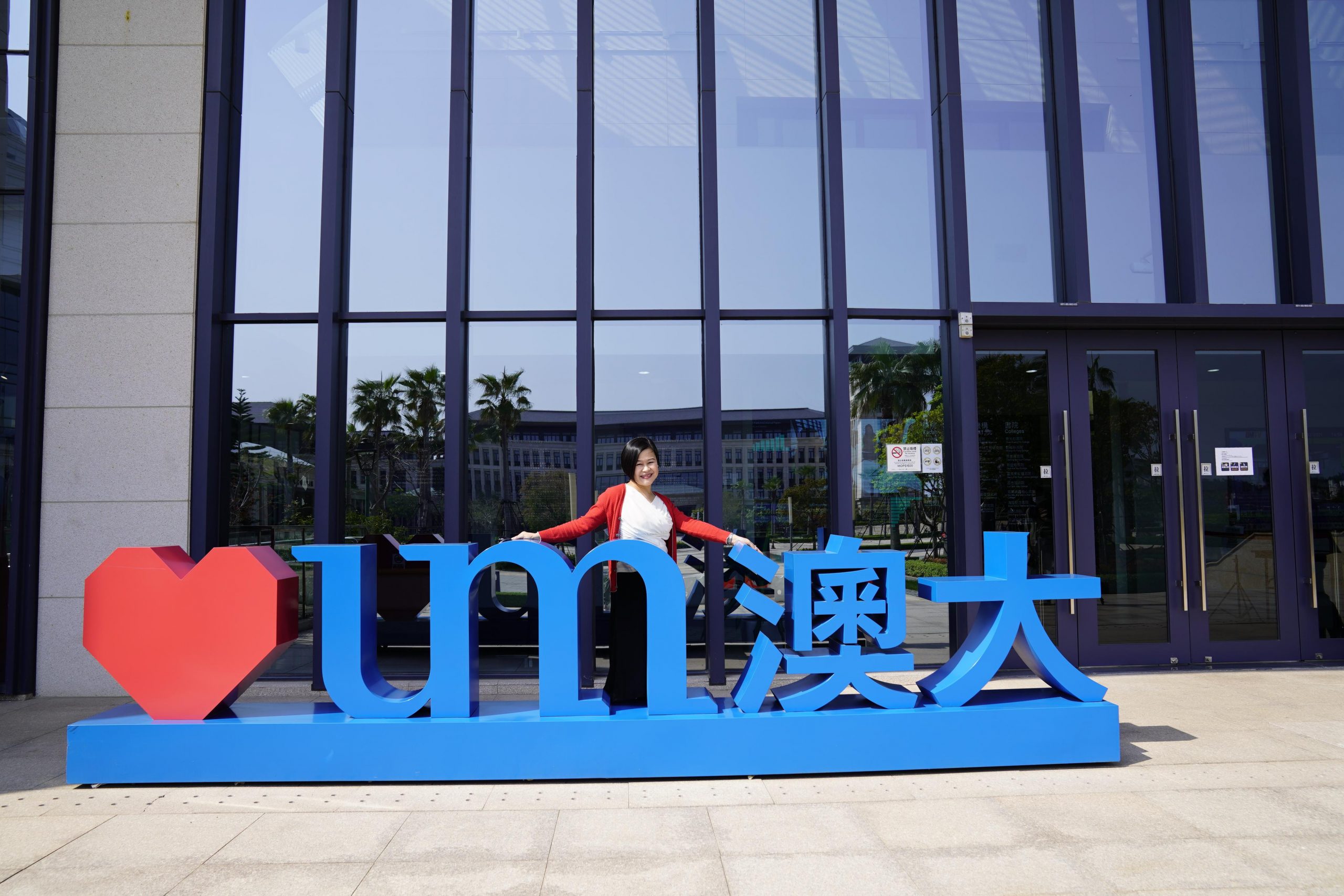
Prof Lam has been teaching at UM for many years and feels a strong attachment for the university.
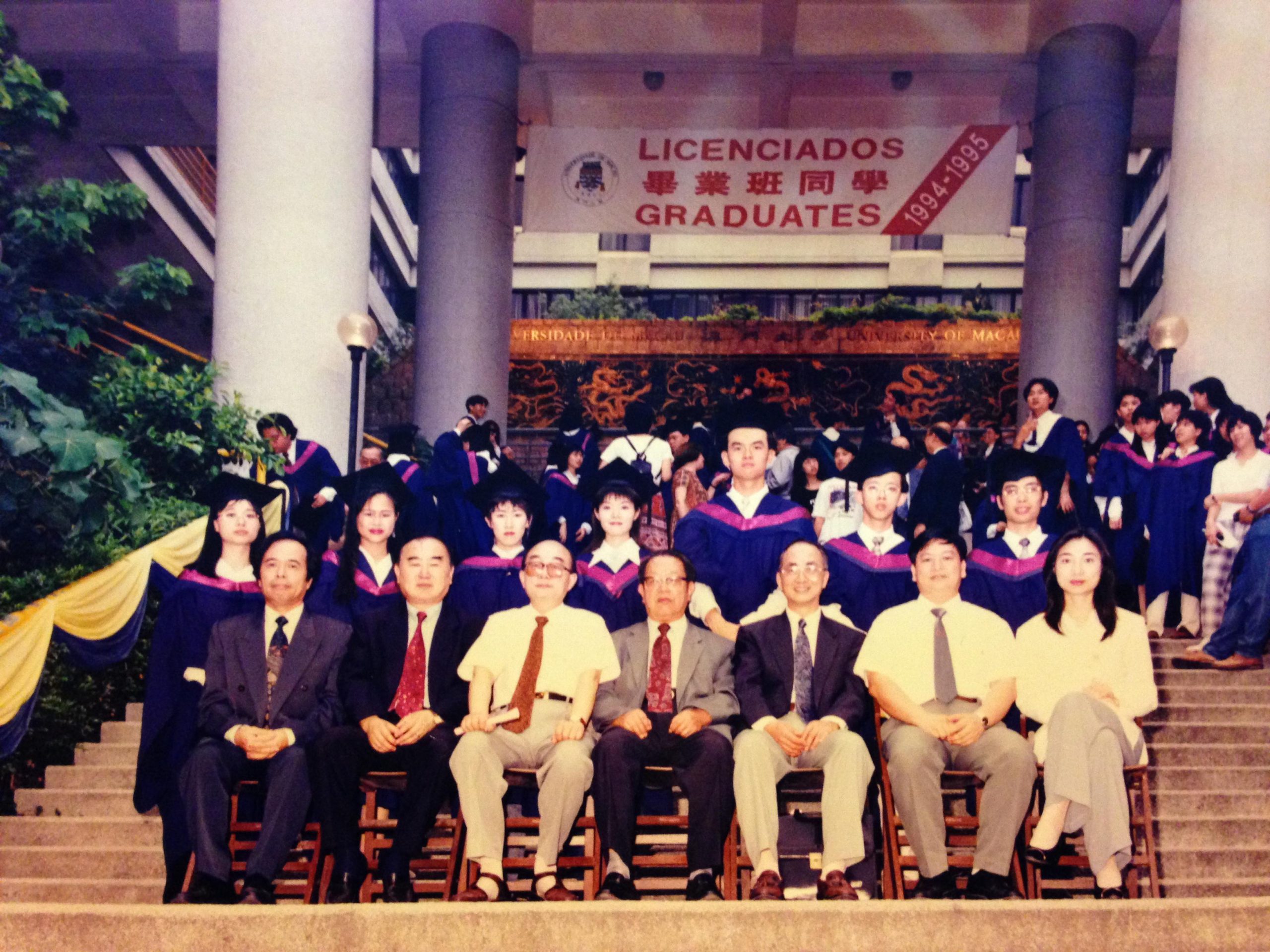
Bachelor's degree graduation photo. Prof Lam is the first from the left in the second row.
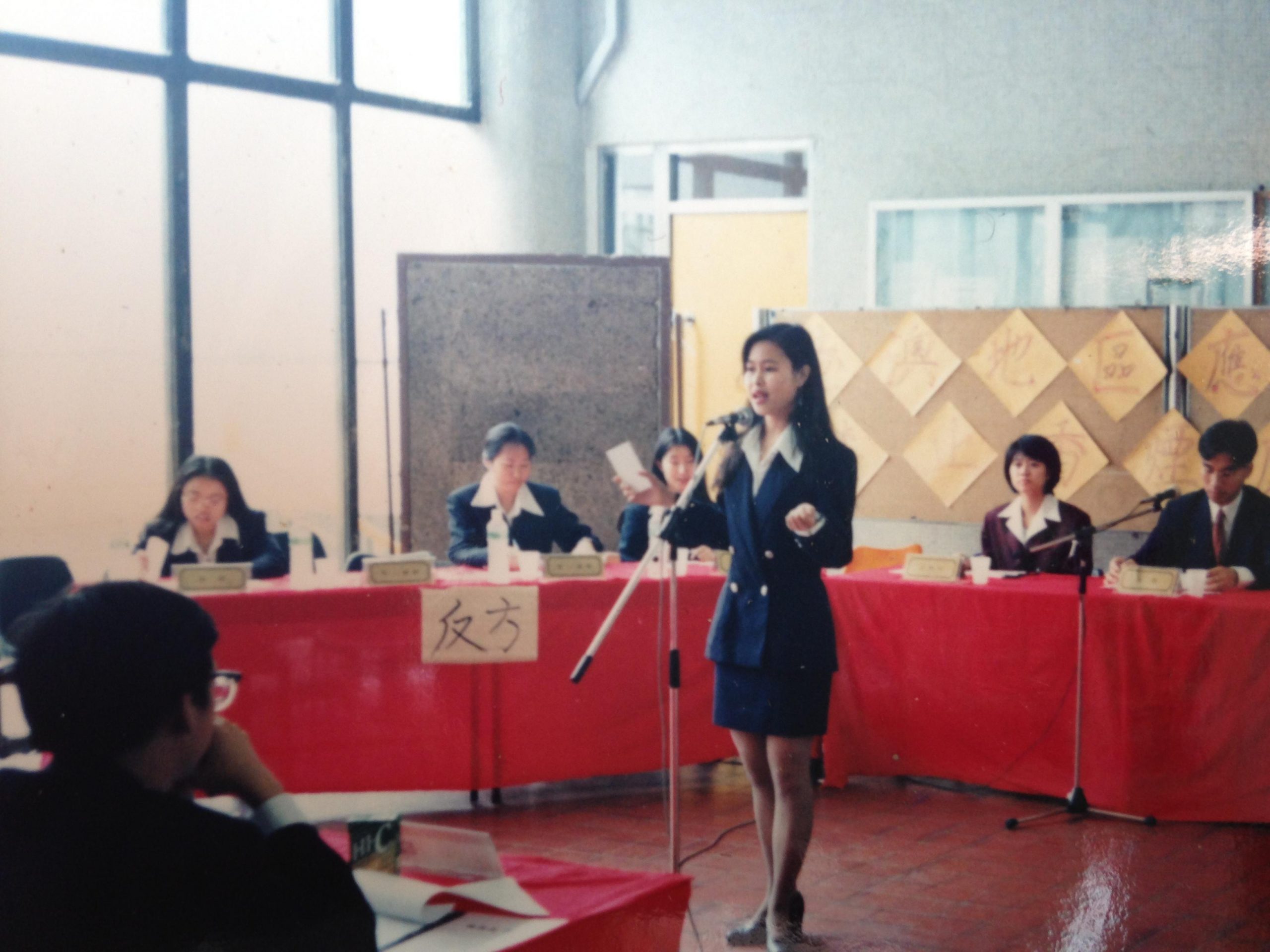
Prof Lam was a member of the debating team during her university years
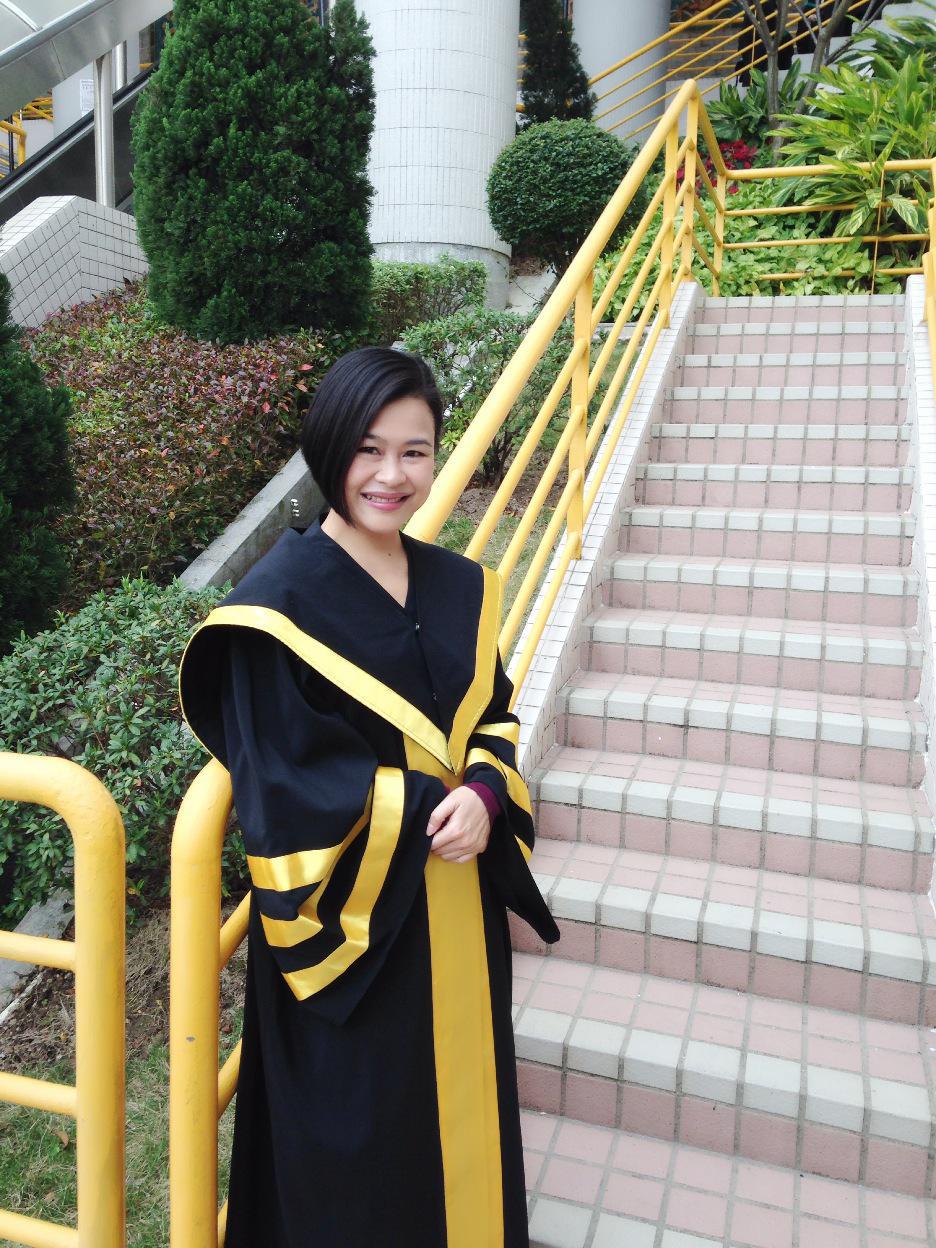
Prof Lam in her PhD graduation gown on the old UM campus
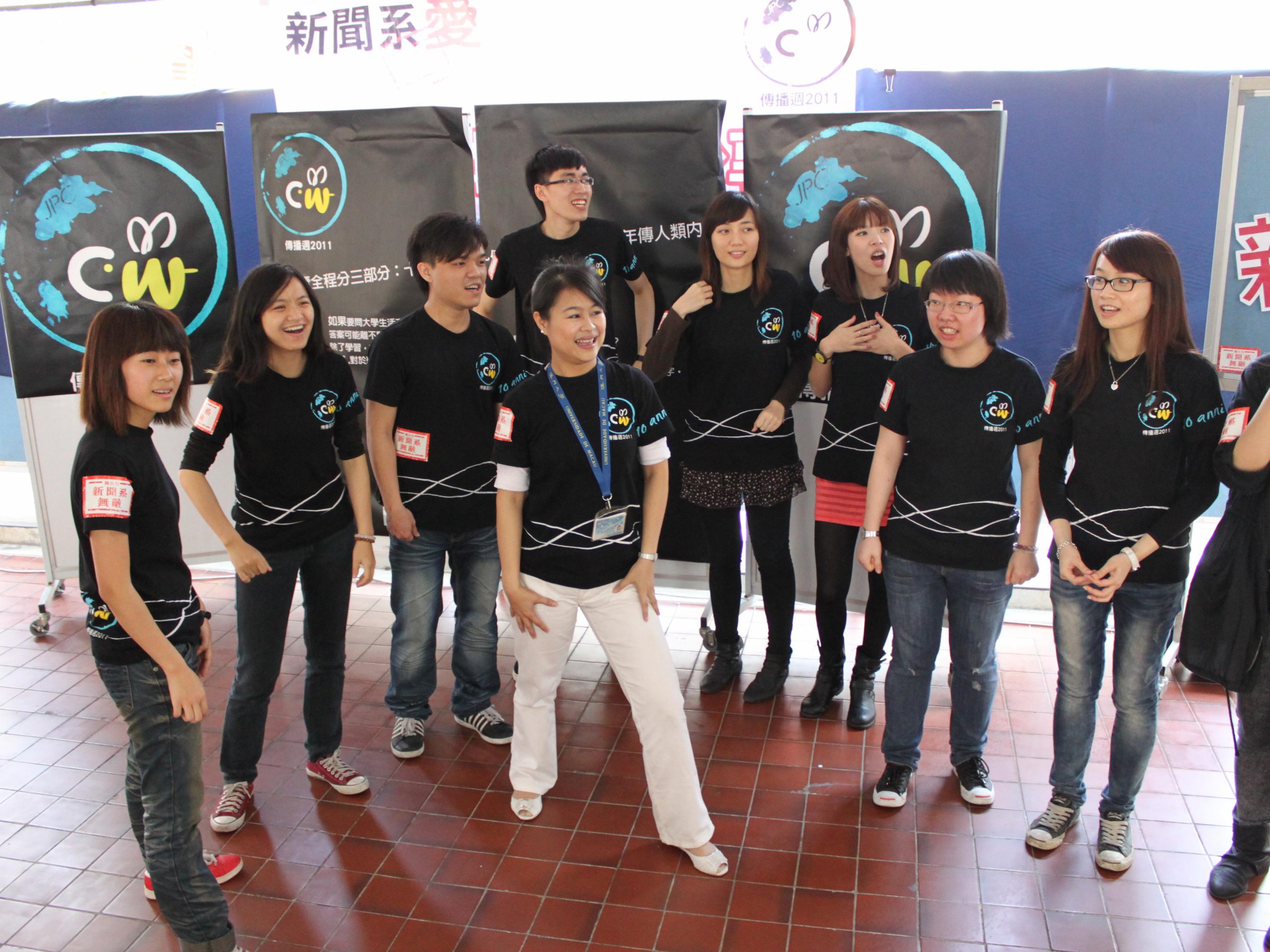
Prof Lam is both a teacher and a friend to her students
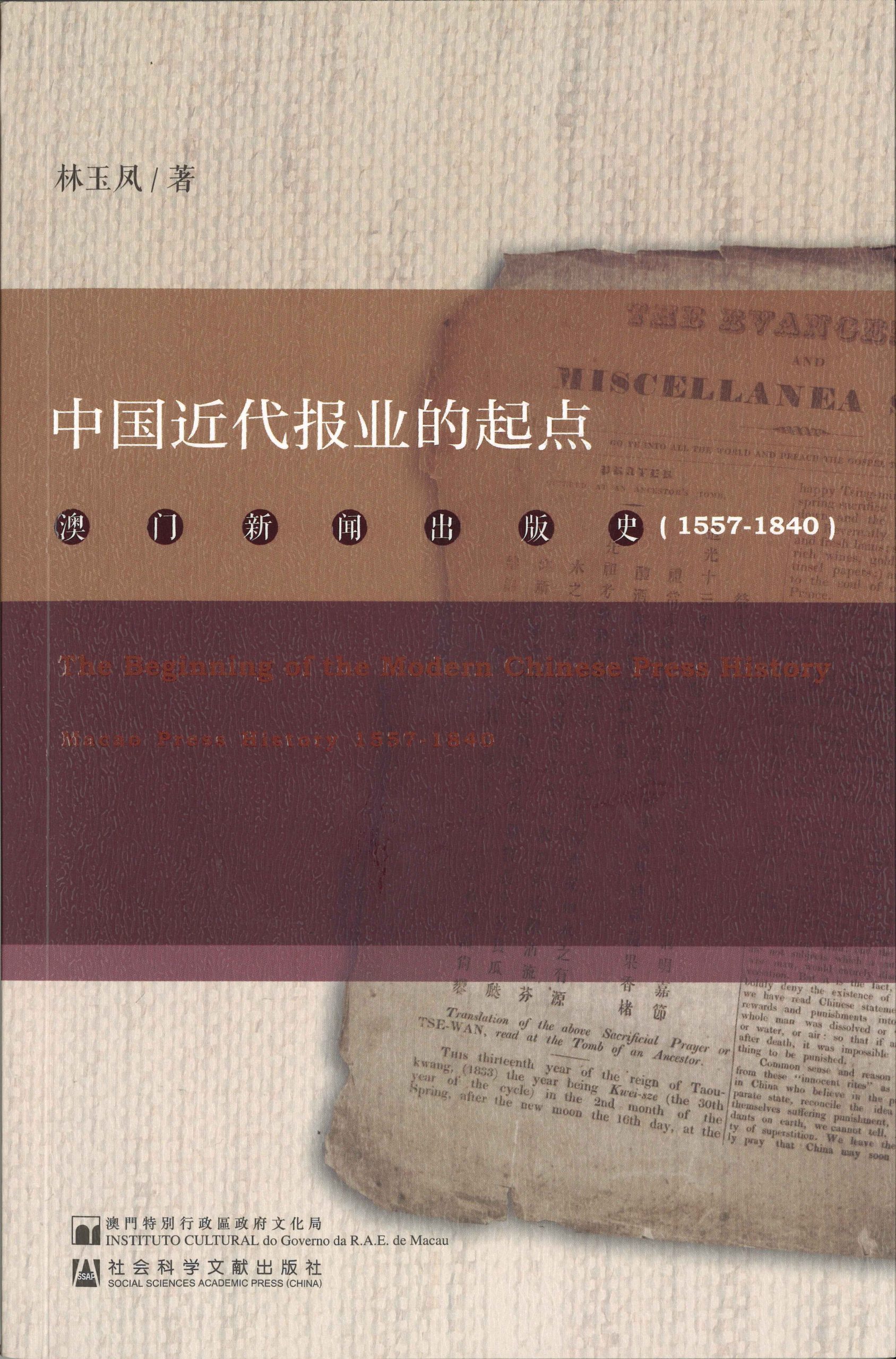
Prof Lam's book
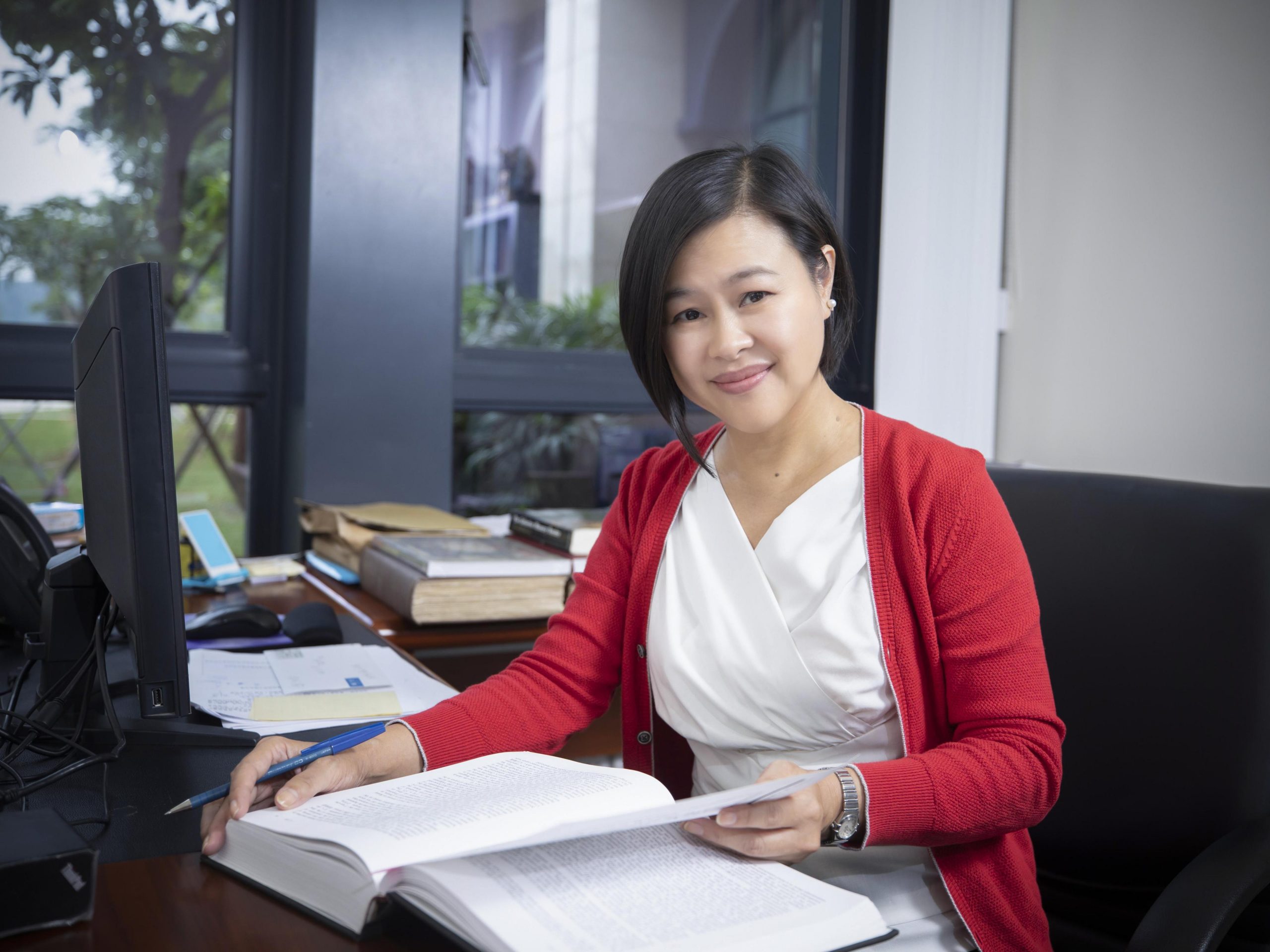
Prof Lam in her office at the CMS
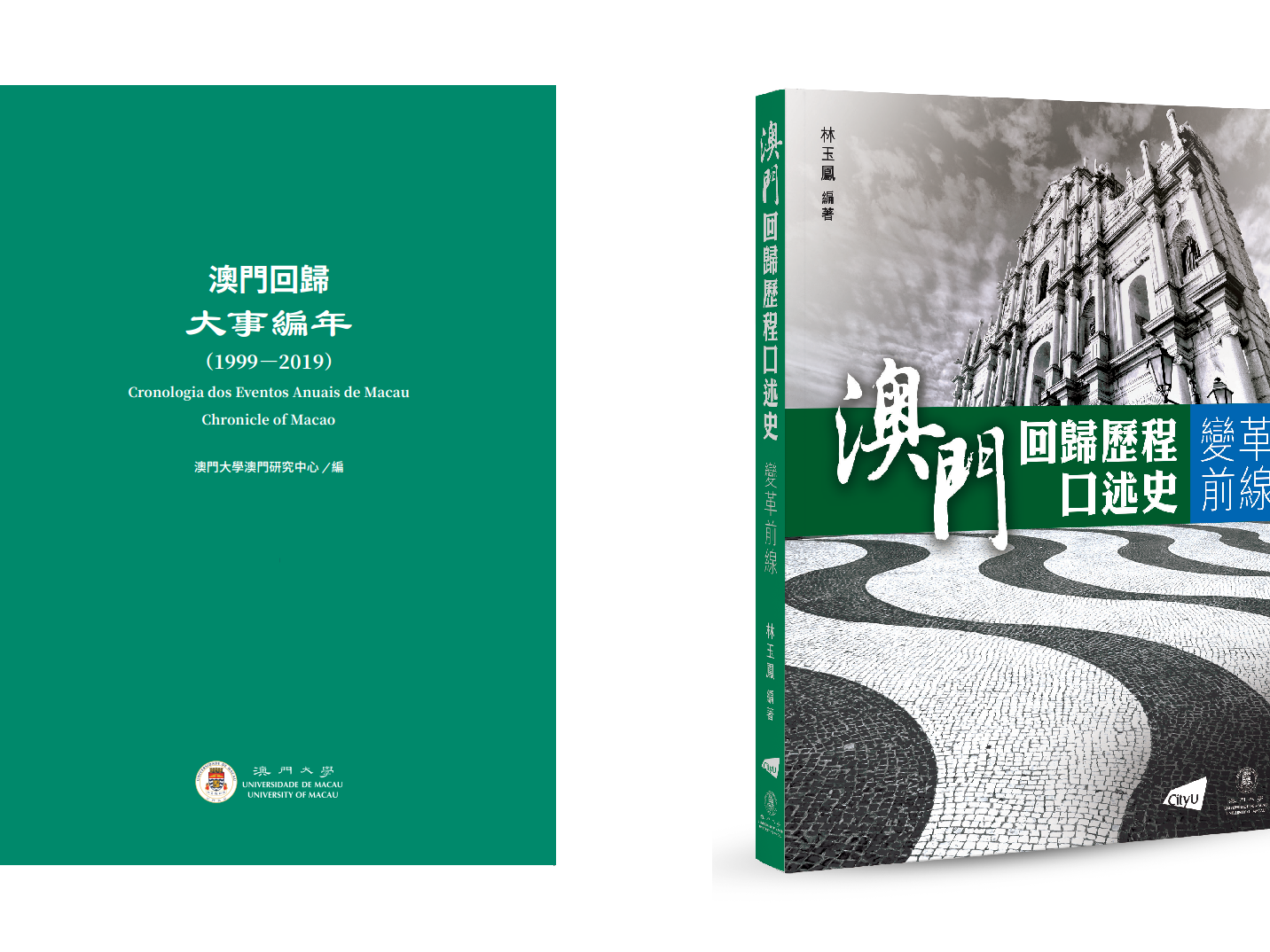
New books released by the CMS
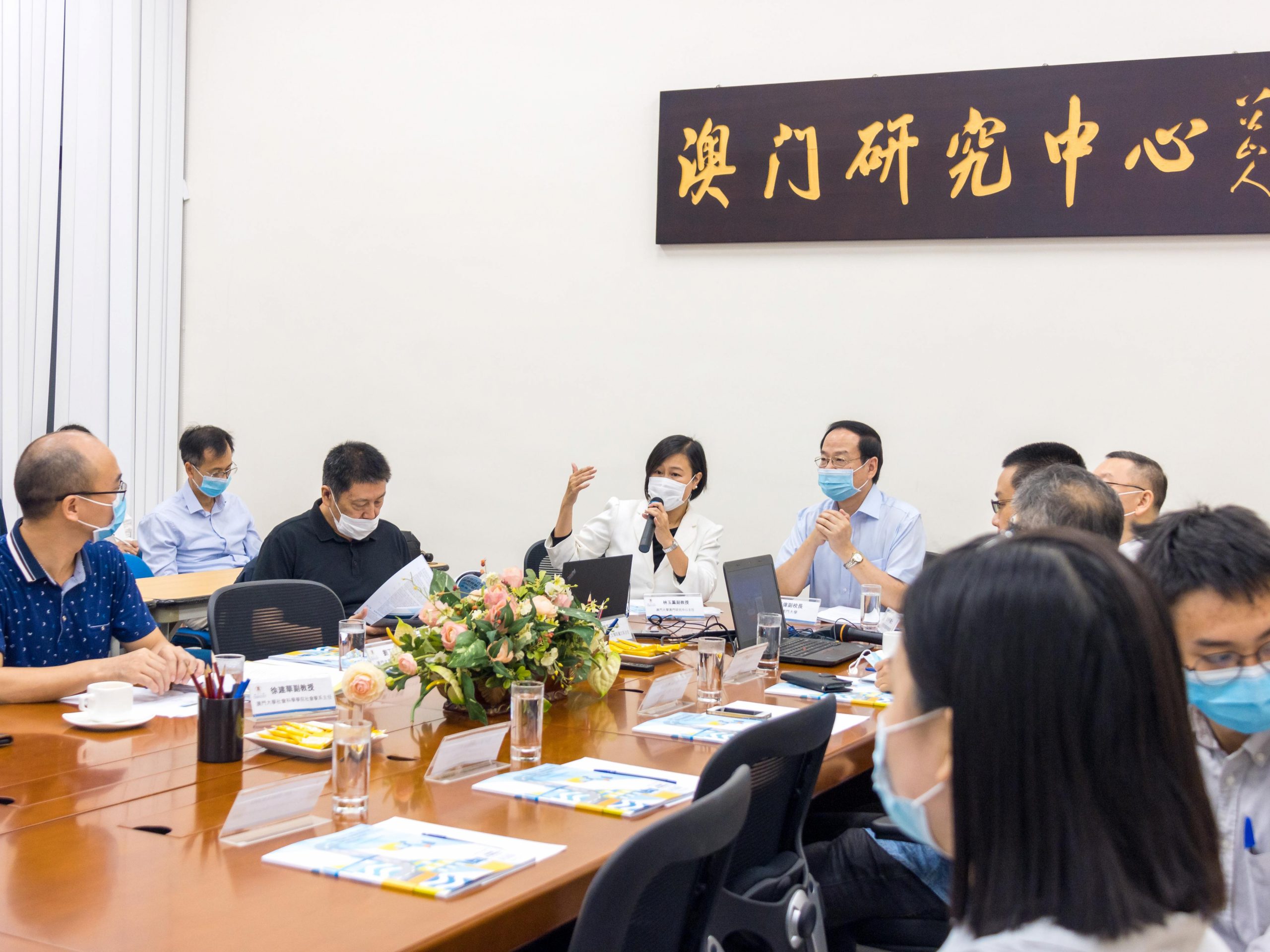
A seminar on urban development master plan organised by the CMS
